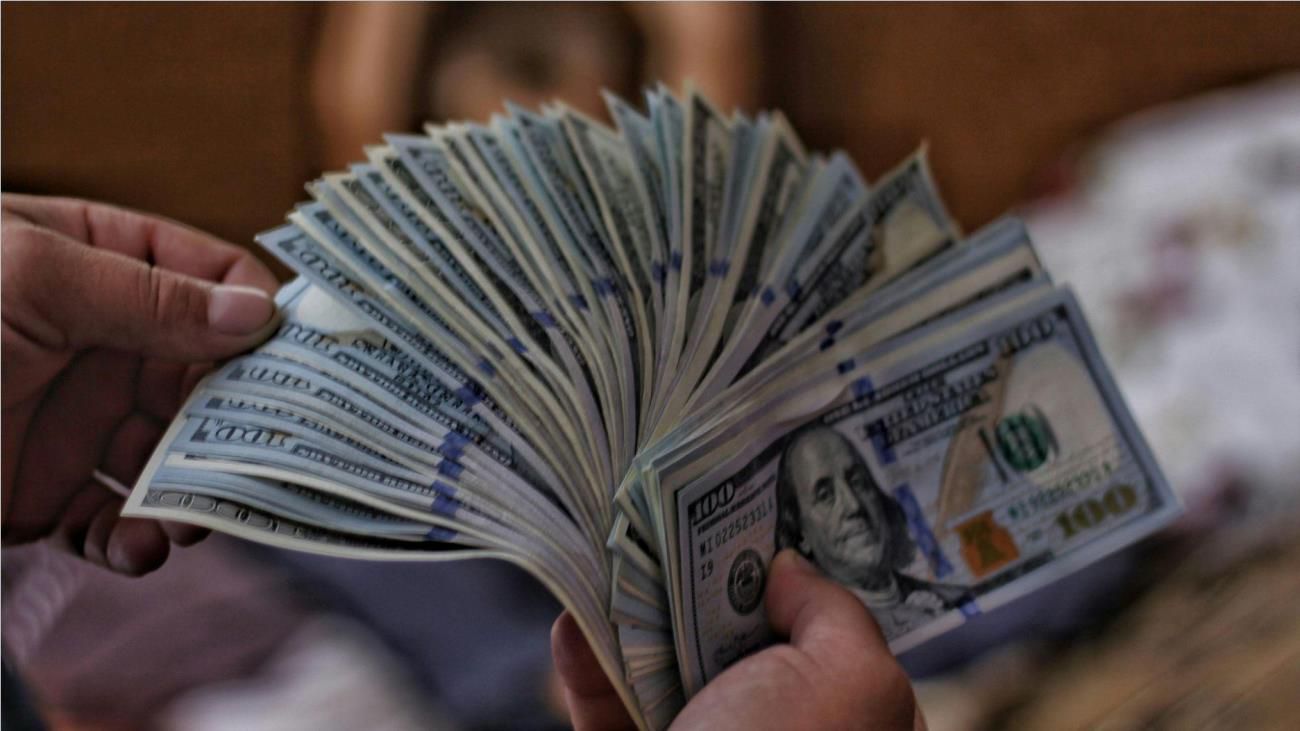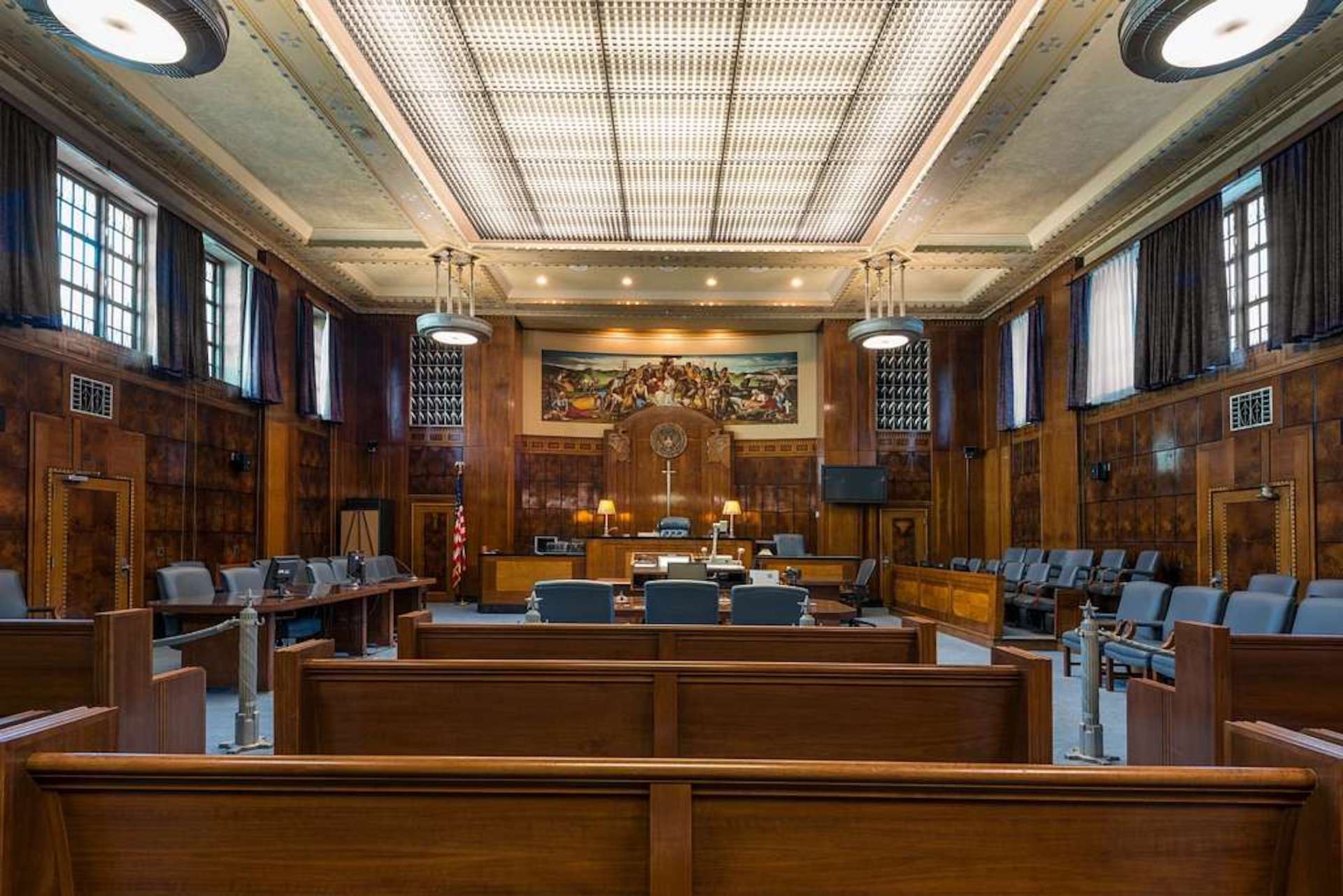Truong My Lan’s journey began humbly, trading cosmetics in Ho Chi Minh City’s bustling central market. Her tenacity quickly led her to establish Van Thinh Phat Holdings Group in 1992, a year marked by both her marriage and entrepreneurial breakthrough.
With a keen sense for business, Lan moved from perfumes to paving the way in real estate, setting the stage for what would become a major economic force in Vietnam.
Building a Real Estate Empire

Under Lan’s direction, Van Thinh Phat Holdings Group blossomed, handling several high-stakes property developments across Vietnam (via Reuters). Her company gained a reputation for transforming skylines and stimulating local economies.
This growth cemented her status as a real estate magnate while hinting at the vast networks and influence she would wield, factors that would later play into her trial.
The Start of the Scandal

According to CNN, the scandal that toppled Lan’s empire began unfolding in early 2018 when authorities started scrutinizing her financial maneuvers.
By October 2022, when the government intervened to stabilize Saigon Joint Stock Commercial Bank (SCB), the magnitude of the alleged financial misdeeds had become apparent, leading to her arrest and a media frenzy.
The Allegations

Lan faced grave accusations of embezzling over 304 trillion dong ($12.5 billion) from SCB. Investigators claimed she controlled the bank through proxies, violating banking regulations to siphon funds into shell companies.
These charges involved embezzlement, bribery, and severe banking infractions, weaving a complex tapestry of deceit.
The Trial Begins

March 5, 2024, marked the beginning of a highly publicized trial that would end earlier than anticipated. As the chairwoman of VTP, Lan was spotlighted in a courtroom drama that captured national attention.
The proceedings were part of a broader anti-corruption campaign (via the AP), signaling the government’s resolve to tackle high-level financial crimes aggressively.
Shocking Revelations During the Trial

Throughout the trial, explosive testimonies and evidence showcased the depth of corruption (via the AP). The court heard how Lan manipulated financial systems and leveraged her influence, undermining the integrity of Vietnam’s financial institutions.
These revelations painted a stark picture of power and greed at the highest levels of business.
The Verdict and Sentence

The trial culminated in Lan being sentenced to death for embezzlement, with additional 20-year sentences for bribery and banking violations.
“Of course she will appeal the verdict,” stated Nguyen Huy Thiep, one of Lan’s lawyers, underlining the severity and controversy surrounding the court’s decision.
Reaction From Lan’s Defense

Following the harsh sentencing, Lan’s defense and family vowed to fight on.
“We will keep fighting to see what we can do,” a family member told Reuters anonymously, reflecting both their shock and determination to overturn the verdict through appeals.
The Impact on the Banking Sector

The fraud had a crippling effect on SCB, triggering a run on deposits that necessitated a significant bailout by the state.
The ongoing restructuring efforts aim to salvage the bank, highlighting the broader economic repercussions of Lan’s actions on Vietnam’s financial landscape.
Vietnam’s War on Corruption

This trial is a key episode in Vietnam’s “Blazing Furnace” anti-corruption initiative, spearheaded by Communist Party leader Nguyen Phu Trong (via The Economic Times).
The campaign has targeted numerous high-ranking officials and business leaders, reflecting a rigorous effort to cleanse the system of endemic corruption.
Public and International Response

The use of the death penalty in financial crimes has sparked significant debate both within Vietnam and internationally.
Human rights groups and many in the international community have raised concerns about the severity of the punishment, especially given the non-violent nature of the crime.
What Lies Ahead

Looking forward, the ramifications of this case will resonate through Vietnam’s judicial and economic systems.
As Lan’s appeal process looms, the country grapples with the need for reform to prevent such large-scale frauds in the future, ensuring stability and integrity in its financial and legal institutions.


